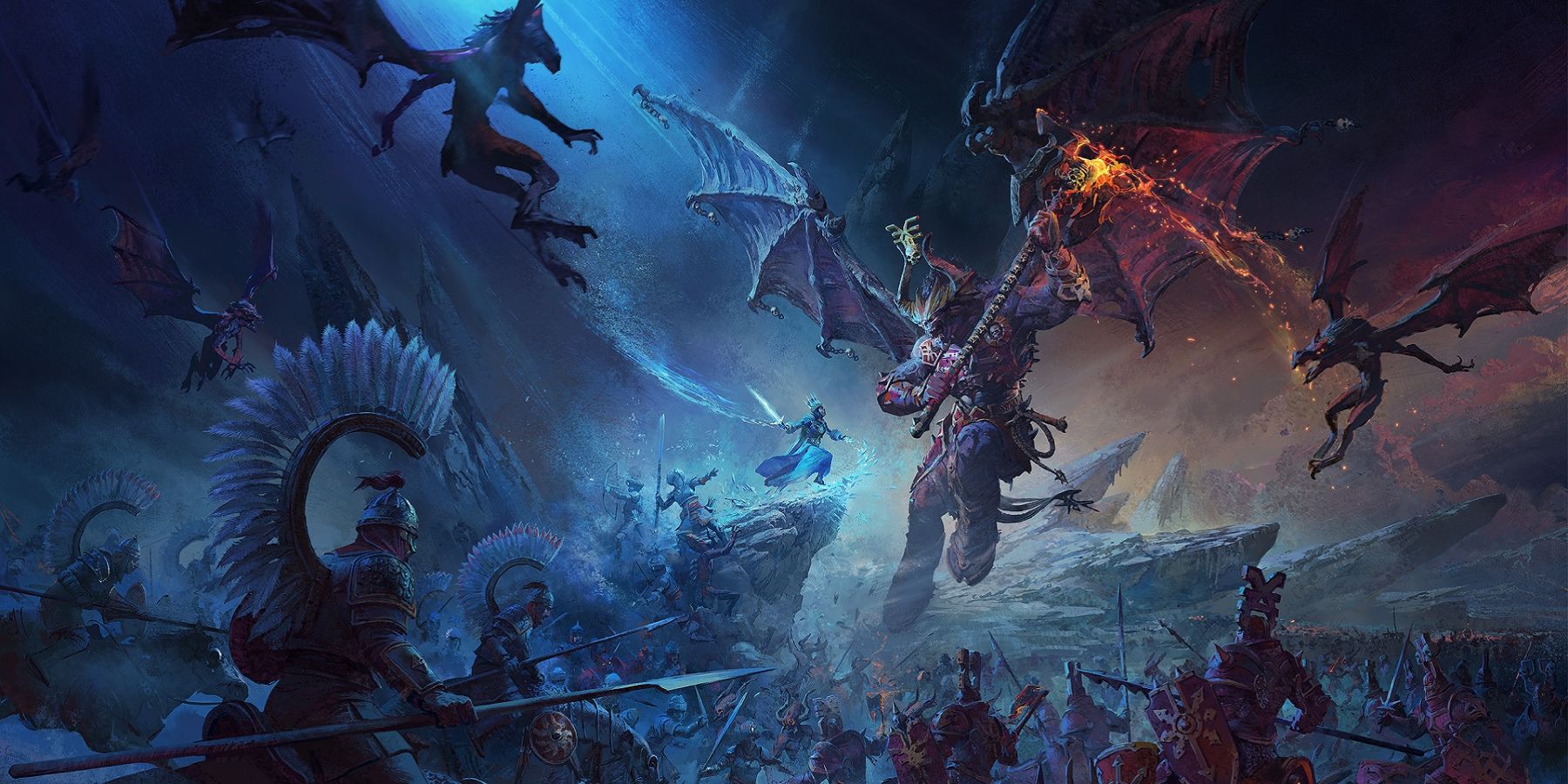
The Warhammer universe is brimming with unique factions, each with a rich history that brings something different to the tabletop. Creative Assembly has masterfully adapted many of these disparate races into the first two Total War: Warhammer games. With the hotly anticipated Total War: Warhammer III on the horizon, the few factions that have yet to make an appearance in the series will finally have their chance to shine.
This new installment is launching with seven factions (including the pre-order bonus), each introducing new units, spells and campaign mechanics for players to sink their teeth into. From noble human defenders to the twisted forces of Chaos, each faction brings with it a unique playstyle based on the tabletop game's lore. This lore is also used to determine where each faction appears on the map, in addition to their ability to engage in diplomacy. Suffice to say, Total War: Warhammer III's factions have a huge impact on the game, and understanding each of them will give players an edge on the battlefield.
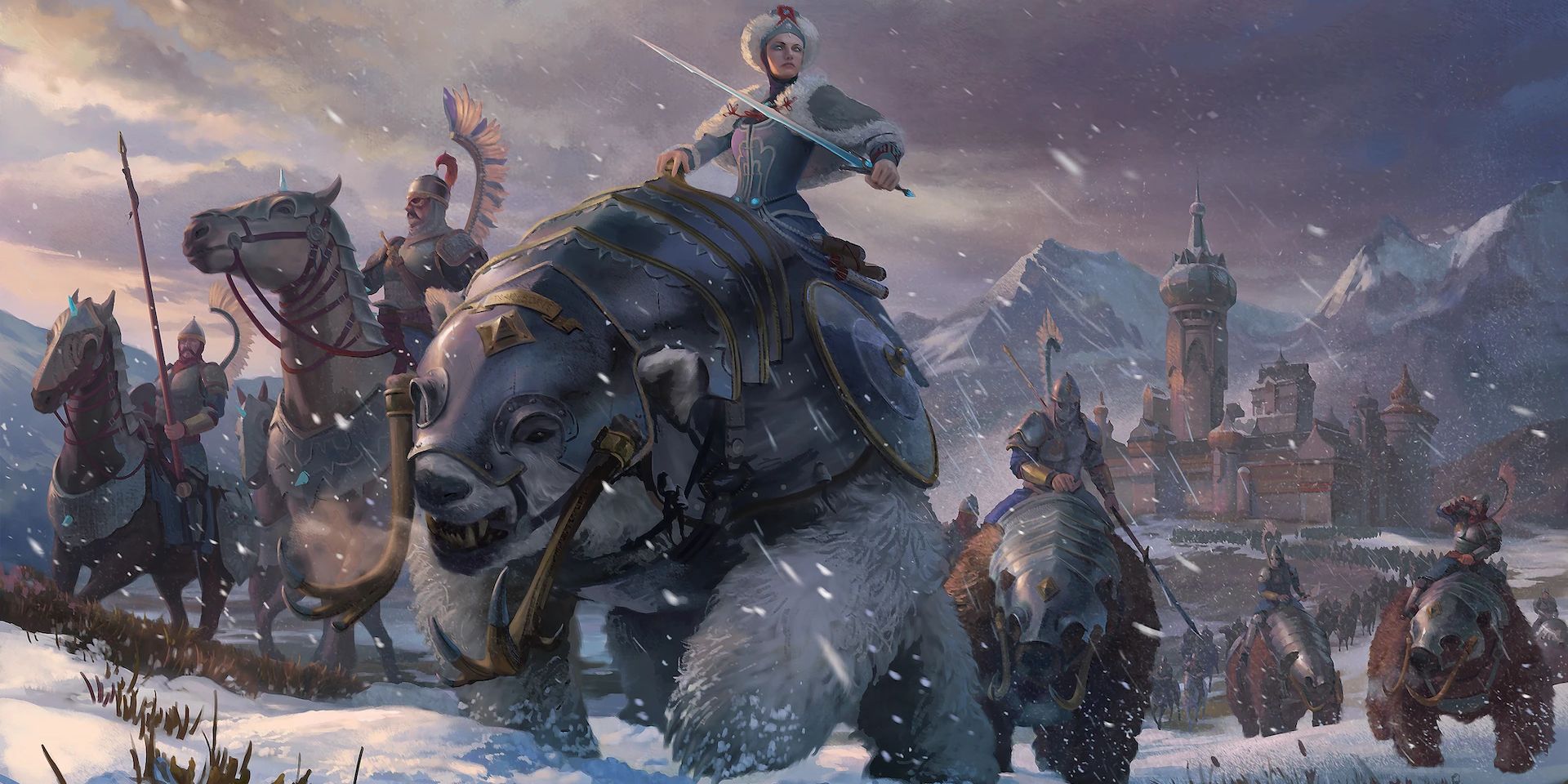
Hailing from the frigid north, Kislev is a human faction hardened by harsh winters and the constant threat of attack. Being so far north means they are located right next to the Chaos Wastes, where the forces of the dark gods seep into the mortal realm. Despite serving as a bulwark for humanity, Kislev is in the midst of a civil war. This forces players to deal with internal strife, even with otherworldly monsters at the gates.
To survive these threats, Kislev relies on defensive lines of hybrid troops that are proficient in both shooting and melee. For extra punch, they can deploy powerful bear cavalry or massive elemental bears. The Kislev's mages are also deadly, as they call upon the Motherland itself to unleash devastating ice magic.
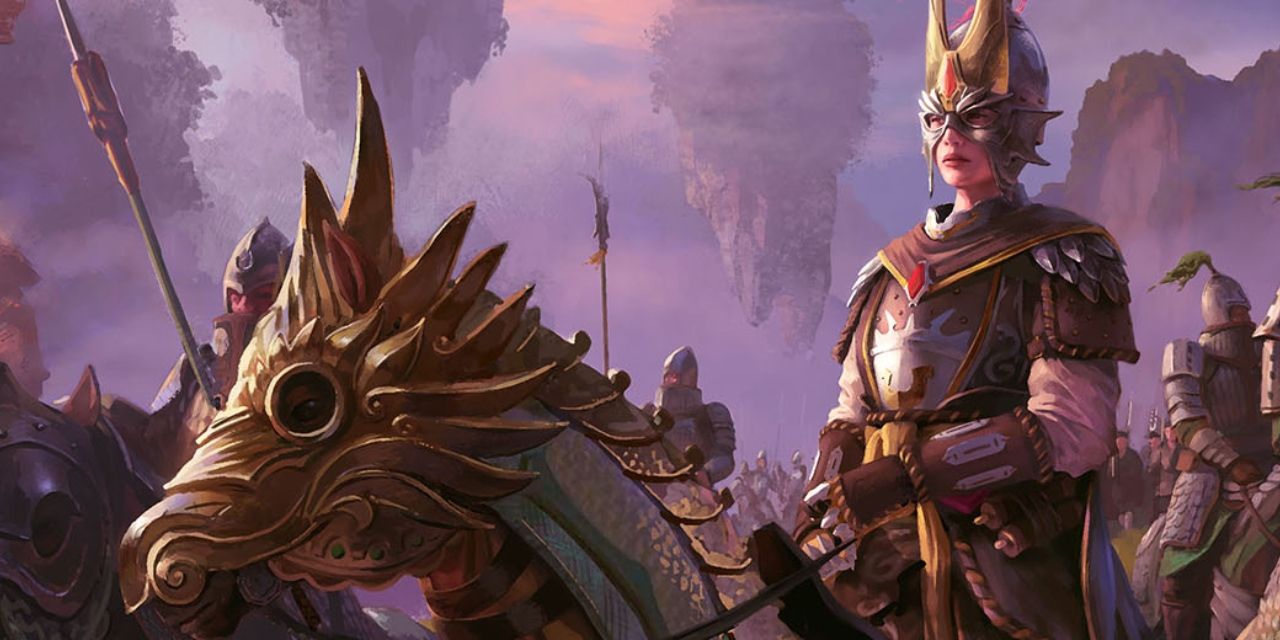
Kislev isn't the only human faction that must contend with the threat of Chaos. Drawing inspiration from real-world China, Grand Cathay defends itself from the impenetrable walls of the Great Bastion, a massive fortress built to repel the armies of the dark gods. The Great Bastion is the only thing standing between Cathay and utter annihilation, so its defense takes center stage in their campaign.
This eastern empire relies on harmony between its troops, which are designated as either Yin or Yang. Units with a Yin designation will be boosted by nearby Yang units and vice versa. Cathay won't rely exclusively on these buffs, as their standard troops are bolstered by flying war machines, firework artillery, enormous terracotta soldiers and their Legendary Lords, which transform into dragons.
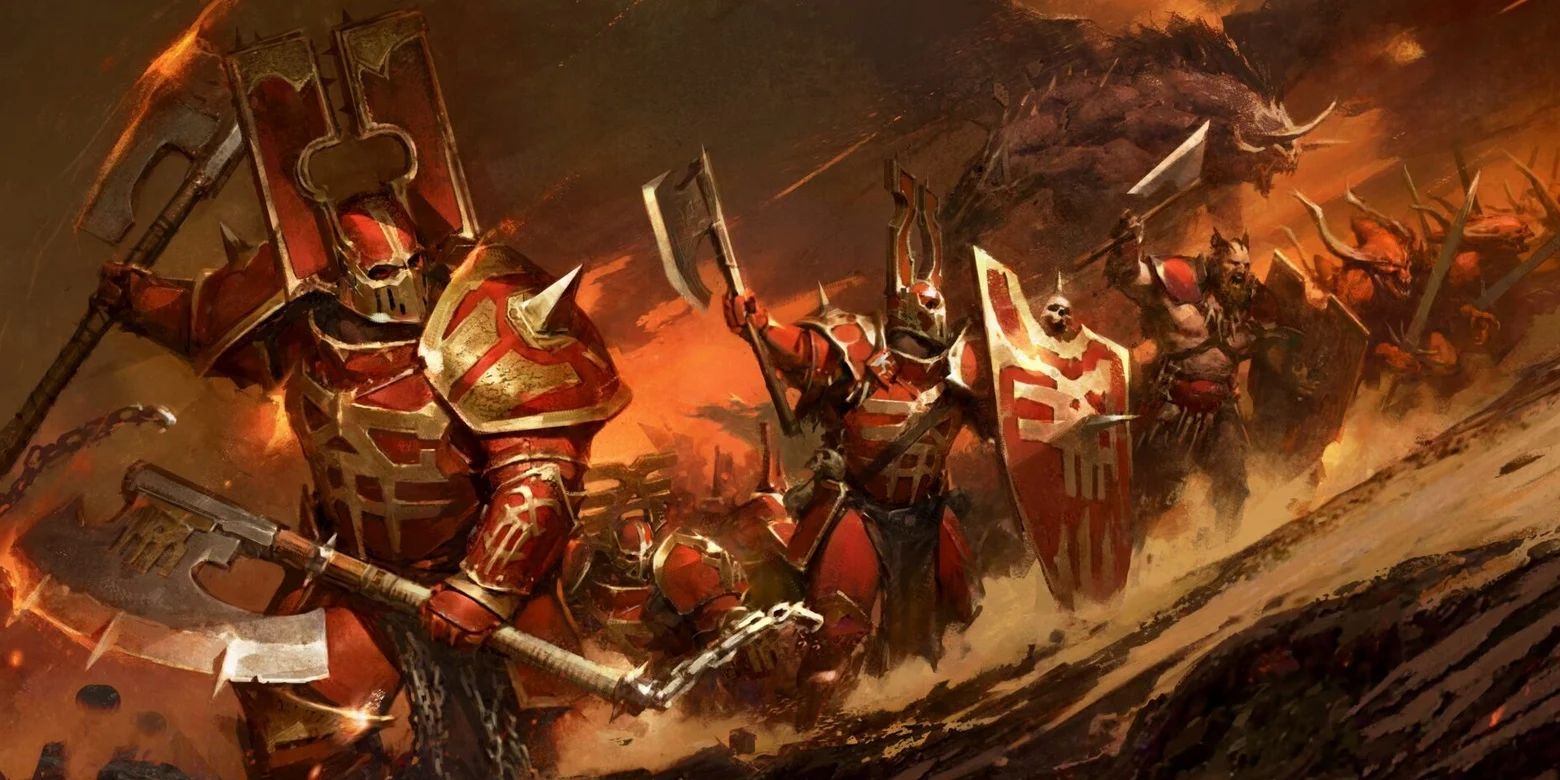
The first of the four Chaos Gods, Khorne is all about making blood flow. His armies march against the mortal world to spill blood for the blood god and collect skulls for his skull throne. Khorne values glorious melee combat above all else, and as such, his forces are relatively straightforward. No archers, fancy artillery or cowardly magic users here -- the demonic forces of Khorne are all about savagely rushing into the opponent's lines and tearing them limb from limb.
As an army of Chaos, Khorne won't have too many friends amongst the other factions of Total War: Warhammer III. In fact, all chaos factions (with one exception) will automatically be at war with any other faction they come across. Luckily for the armies of Khorne, their master doesn't care from whence the blood flows.
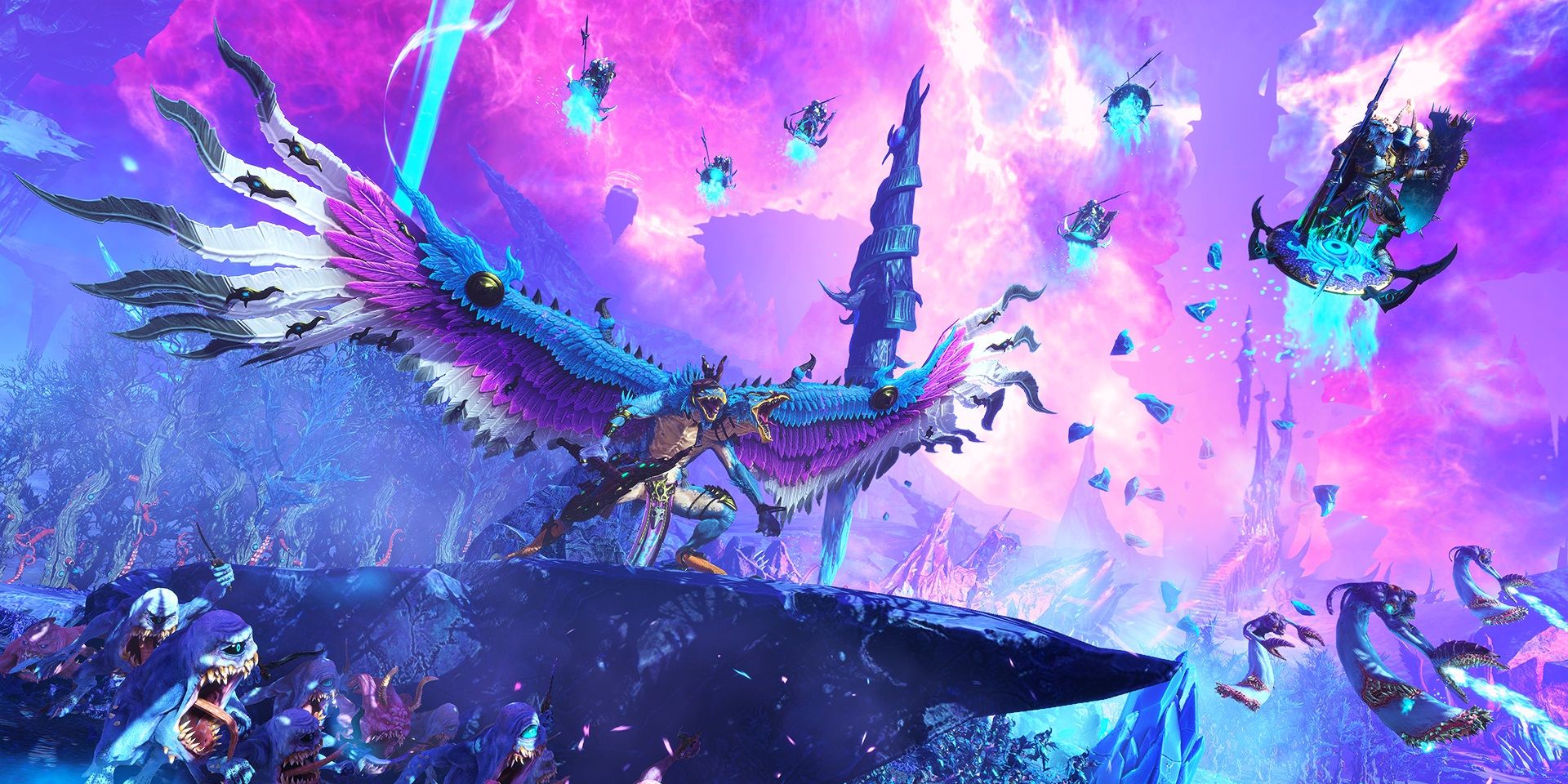
Tzeentch is the god of magic and the Changer of Ways. Among the four Chaos Gods, he is known for manipulating and backstabbing his mortal followers all in the name of some great plan that only he could understand. Tzeentch's devious ways are reflected in his armies, which rely heavily on spells to decimate enemy forces. Even the lowliest demons of Tzeentch have some access to magic attacks, while high-tier sorceries are on a whole other level.
Tzeentch's mastery over magic doesn't end there, as he can control the winds of magic to strengthen his own settlements while weakening others. Additionally, the faction's thirst for knowledge means they will constantly be searching for Grimoires that give them access to even more unique powers of manipulation.
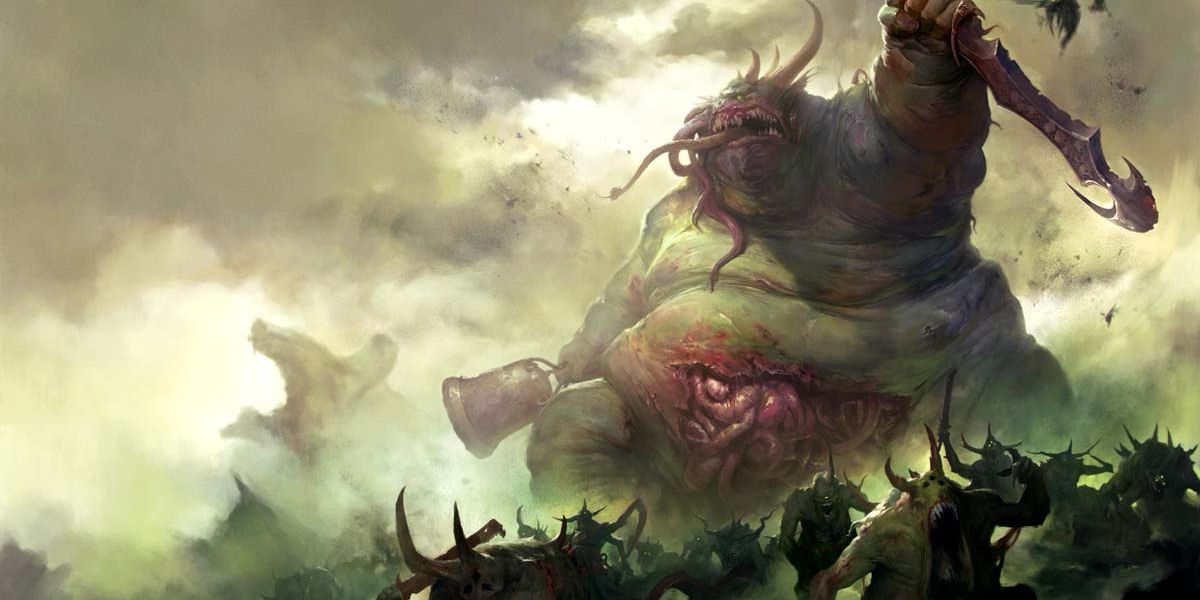
All life is subject to disease, decay and death. Nurgle is the Chaos God that presides over these forces, making him one of the most feared and hated gods, even amongst Chaos worshippers. As his forces gleefully spread sickness in the mortal realm, Nurgle himself brews new contagions in his corrupt garden.
Unsurprisingly, the magic of Nurgle is debilitating to the opposition. Whether it be through poison or pulsating, explosive blisters, the forces of the plague god bring a miserable death to their foes. Followers of Nurgle can rejoice, however, since he empowers his servants with disgusting resilience. After all, you can't have death without rebirth, and Nurgle's powers of regeneration make his faction one of the toughest around.
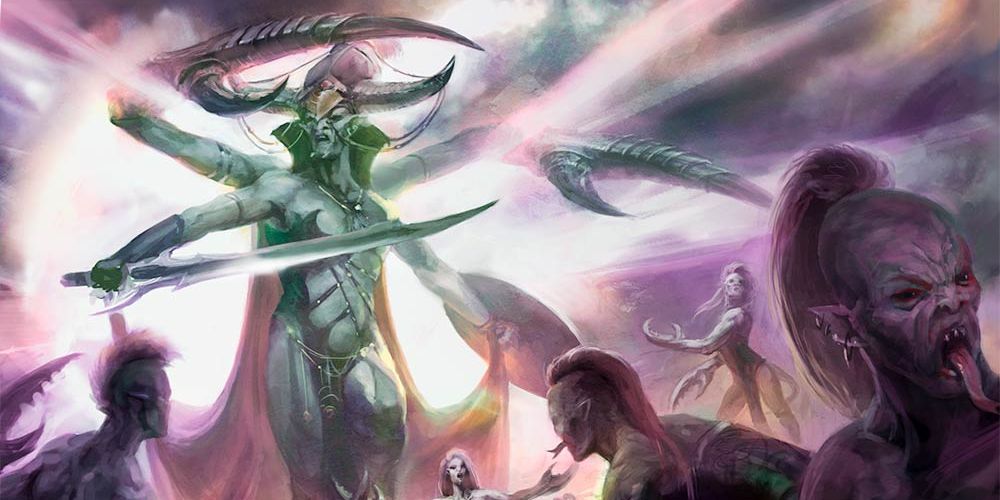
The last of the four Chaos Gods, Slaanesh and his followers are dedicated to the pursuit of earthly pleasures. That doesn't sound so bad at first, but Slaanesh is also known as the Lord of Excess -- and too much of a good thing has created a seriously twisted faction. The followers of Slaanesh gain power from their own pain, so self-mutilation abounds amongst these dark legions, who enter combat alongside a host of demons that are both captivating and repulsive.
Unlike other Chaos factions, Slaanesh's armies don't necessarily declare war on every faction they meet. Many mortals can be tempted by the promises of the Prince of Pleasure, but they'll probably be less thrilled with the inevitable outcome of such an alliance.
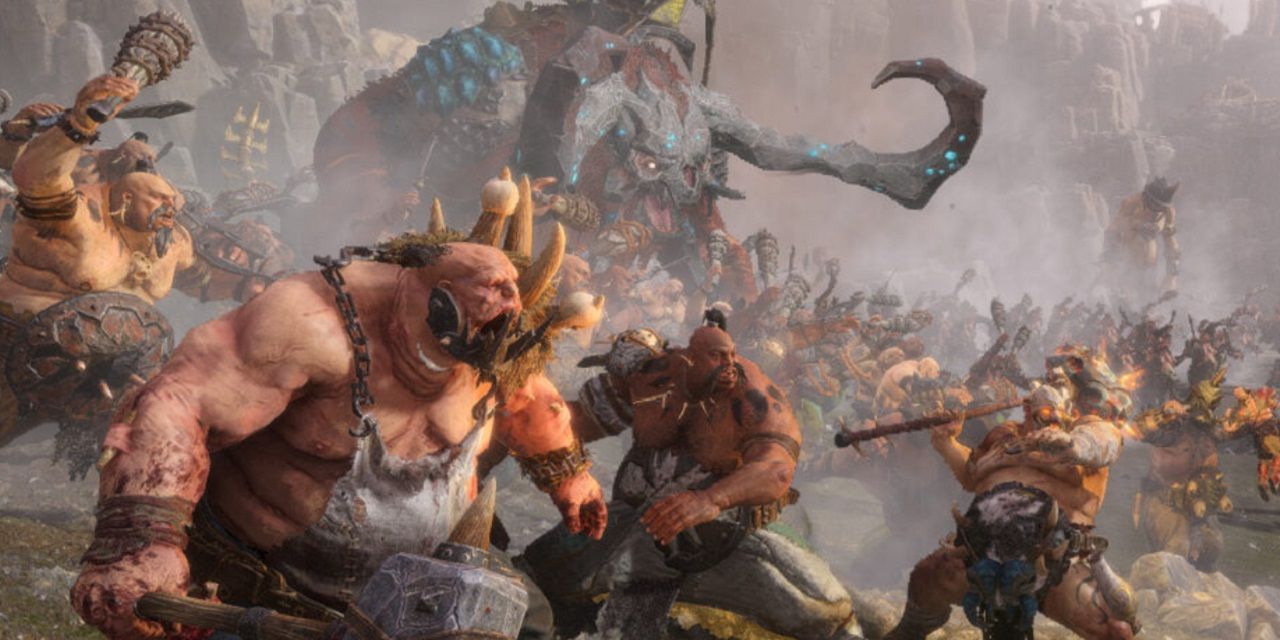
Recently announced as the preorder bonus race for Total War: Warhammer III, the Ogre Kingdoms are a faction filled with insatiable monsters. Their appetite means they have little interest in conquering other lands, as they're really only concerned with their next meal. Unfortunately for the other factions, they aren't picky eaters, so pretty much everyone is on the menu.
The Ogre Kingdom's entire culture is built around hunger, which is reflected in their campaign mechanics. Each of their armies has an upkeep of meat that can be consumed before battle to give various buffs to a unit's speed or charge bonus, as the best-fed ogres hit the hardest. Since they don't concern themselves with subjugation, Ogres prefer to set up camps rather than inhabit settlements, giving them a level of flexibility that other factions lack.
0 Comments